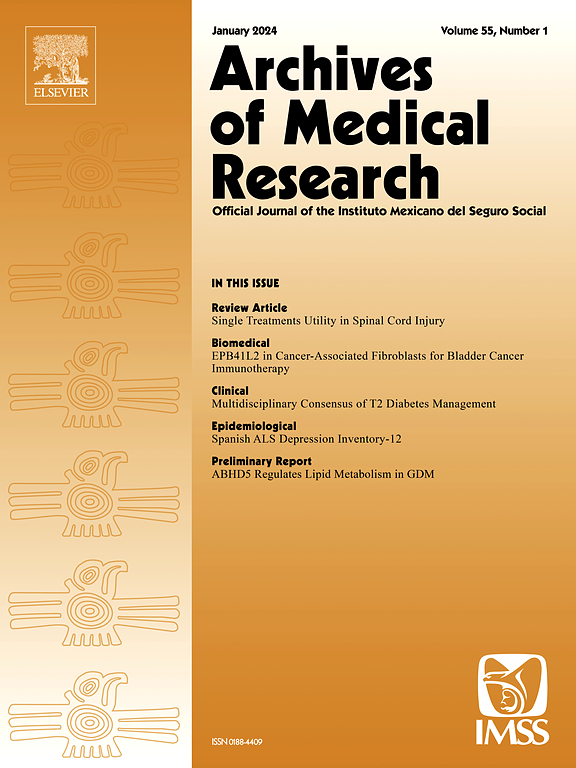Theranostics advances in the treatment and diagnosis of neurological and neurosurgical diseases
IF 4.7
3区 医学
Q1 MEDICINE, RESEARCH & EXPERIMENTAL
引用次数: 0
Abstract
Theranostics represents a significant advance in the fields of neurology and neurosurgery, offering innovative approaches that combine the diagnosis and treatment of various neurological disorders. This innovation serves as a cornerstone of personalized medicine, where therapeutic strategies are closely integrated with diagnostic tools to enable precise and targeted interventions. Primary research results emphasize the profound impact of theranostics in Neuro Oncol. In this context, it has provided valuable insights into the complexity of the tumor microenvironment and mechanisms of resistance. In addition, in the field of neurodegenerative diseases (NDs), theranostics has facilitated the identification of distinct disease subtypes and novel therapeutic targets. It has also unravelled the intricate pathophysiology underlying conditions such as cerebrovascular disease (CVD) and epilepsy, setting the stage for more refined treatment approaches. As theranostics continues to evolve through ongoing research and refinement, its goals include further advancing the field of precision medicine, developing practical biomarkers for clinical use, and opening doors to new therapeutic opportunities. Nevertheless, the integration of these approaches into clinical settings presents challenges, including ethical considerations, the need for advanced data interpretation, standardization of procedures, and ensuring cost-effectiveness. Despite these obstacles, the promise of theranostics to significantly improve patient outcomes in the fields of neurology and neurosurgery remains a source of optimism for the future of healthcare.
Theranostics 推进了神经和神经外科疾病的治疗和诊断。
Theranostics 代表着神经内科和神经外科领域的一大进步,它提供了结合诊断和治疗各种神经系统疾病的创新方法。这一创新是个性化医疗的基石,将治疗策略与诊断工具紧密结合,实现了精确和有针对性的干预。主要研究成果强调了治疗学在神经肿瘤领域的深远影响。在这方面,它为了解肿瘤微环境的复杂性和抗药性机制提供了宝贵的见解。此外,在神经退行性疾病(NDs)领域,治疗技术有助于确定不同的疾病亚型和新的治疗靶点。它还揭示了脑血管疾病(CVD)和癫痫等疾病背后错综复杂的病理生理学,为更精细的治疗方法奠定了基础。随着治疗学通过不断的研究和完善而持续发展,其目标包括进一步推进精准医疗领域的发展、开发临床使用的实用生物标记物,以及为新的治疗机会打开大门。然而,将这些方法整合到临床环境中也面临着挑战,包括伦理方面的考虑、对高级数据解读的需求、程序的标准化以及确保成本效益。尽管存在这些障碍,但治疗学有望在神经内科和神经外科领域显著改善患者的治疗效果,这仍然是未来医疗保健的乐观源泉。
本文章由计算机程序翻译,如有差异,请以英文原文为准。
求助全文
约1分钟内获得全文
求助全文
来源期刊

Archives of Medical Research
医学-医学:研究与实验
CiteScore
12.50
自引率
0.00%
发文量
84
审稿时长
28 days
期刊介绍:
Archives of Medical Research serves as a platform for publishing original peer-reviewed medical research, aiming to bridge gaps created by medical specialization. The journal covers three main categories - biomedical, clinical, and epidemiological contributions, along with review articles and preliminary communications. With an international scope, it presents the study of diseases from diverse perspectives, offering the medical community original investigations ranging from molecular biology to clinical epidemiology in a single publication.
 求助内容:
求助内容: 应助结果提醒方式:
应助结果提醒方式:


